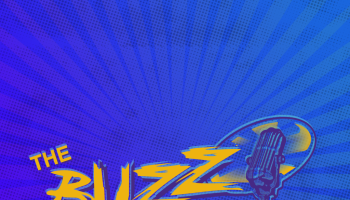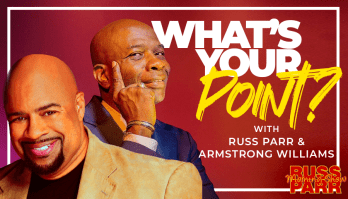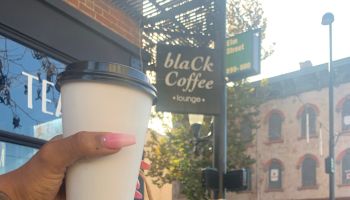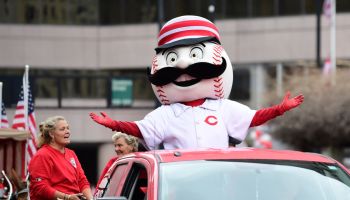via:blackamericaweb.com
It seems the good folks of Paris, Texas didn’t get the memo that we’re now living in a “post-racial” America.
In one of the largest civil rights cases ever investigated in Texas, the U.S. Equal Employment Opportunity Commission announced this month that at least 100 African-Americans were subjected to racial graffiti and nooses while working in a hostile environment at Turner Industries in Paris, Texas.
But here’s the catch: Discrimination against black employees at Turner Industries actually got worse after President Barack Obama was elected as America’s first black commander-in-chief.
Imagine that – racists hating on Obama in a post-racial republic.
“As a result, you started to see more graffiti singling out Obama; you had threats made against the president that the Secret Service investigated. It became a very hostile environment to work in,” said Jay Ellwanger, a lawyer representing the plaintiffs.
Racial hatred has become so prevalent across America that it’s really no surprise that Obama’s election has fueled so much anger toward black Americans that documented cases of discrimination are escalating.
This isn’t a “post-racial” America – it’s a “post-realism” America.
And here’s a reality check: Obama is a man of multi-cultural heritage, but for the next four years – or perhaps eight years – some whites will only see the black side of Obama’s ancestry.
Consider this: A staggering 363 anti-government or “patriot” groups emerged in 2009, with the totals going from 149 groups to 512, according to a report released by the Southern Poverty Law Center – a 244 percent increase in one year. The number of hate groups in America has been increasing for years, rising 54 percent between 2000 and 2008 and driven, in part, by the election of Obama.
“The radical right caught fire last year, as broad-based populist anger at political, demographic and economic changes in America ignited an explosion of new extremist groups and activism across the nation,” according to the Southern Poverty Law Center.
This is not a topic for White House comment. In fact, Obama and his senior advisors would prefer not to discuss the concept of a post-racial America or explore why hate groups are opposed to a black president.
Perhaps it’s not appropriate for Obama to discuss the seedy side of race but, instead, continue to uplift Americans through positive multi-cultural dialogues, town hall meetings, and private sessions with captains of industry. It’s certainly the safer, less controversial course to follow.
On Saturday in New York, during the National Action Network’s annual convention, Rev. Al Sharpton will take a more public approach to matters of race as he plans to discuss critical issues impacting people of color including education reform, unemployment, health care – and holding Obama accountable to black Americans.
Sharpton has emerged as a black grass-roots voice that Obama listens to on occasion, and he remains supportive of Obama’s policies in theory. Perhaps Sharpton’s forum is a more suitable venue to discuss the racial anger that permeates our society.
Paris, Texas is but one town in America that doesn’t get it. Sadly, there are far too many people in towns like Paris that can’t seem to make the adjustment to a growing multi-cultural society and a black president in the White House.
Last year, Eric Holder, the nation’s first African American Attorney General, started a firestorm of controversy when he said: “Though this nation has proudly thought of itself as an ethnic melting pot, in things racial, we have always been and we, I believe, continue to be in too many ways essentially a nation of cowards.”
Holder was outspoken – and he was right. Many Americans are reluctant – and downright scared – to talk about race.
In 2008, Brandon McClellanda 24-year-old black man, was killed by two white men in Paris, Texas, a small town with a history of lynchings. Authorities said the men dragged McClelland beneath a pickup truck for 70 feet until his body was partially dismembered.
The man friends called “Big Boy” – because he weighed 284 pounds – was left in the middle of the road to die. Ironically, his best friend was a white girl he met at church.
McClelland’s family wanted the murder classified as a hate crime because there were rumors that one of the men arrested for McClelland’s murder was part of a white supremacist group.
I doubt seriously if forums on multi-culturalism would have prevented McClelland’s murder, but perhaps if there was more straight talk about race, there would be fewer cowards walking the streets of Paris, Texas with nooses reserved for the workplace.














